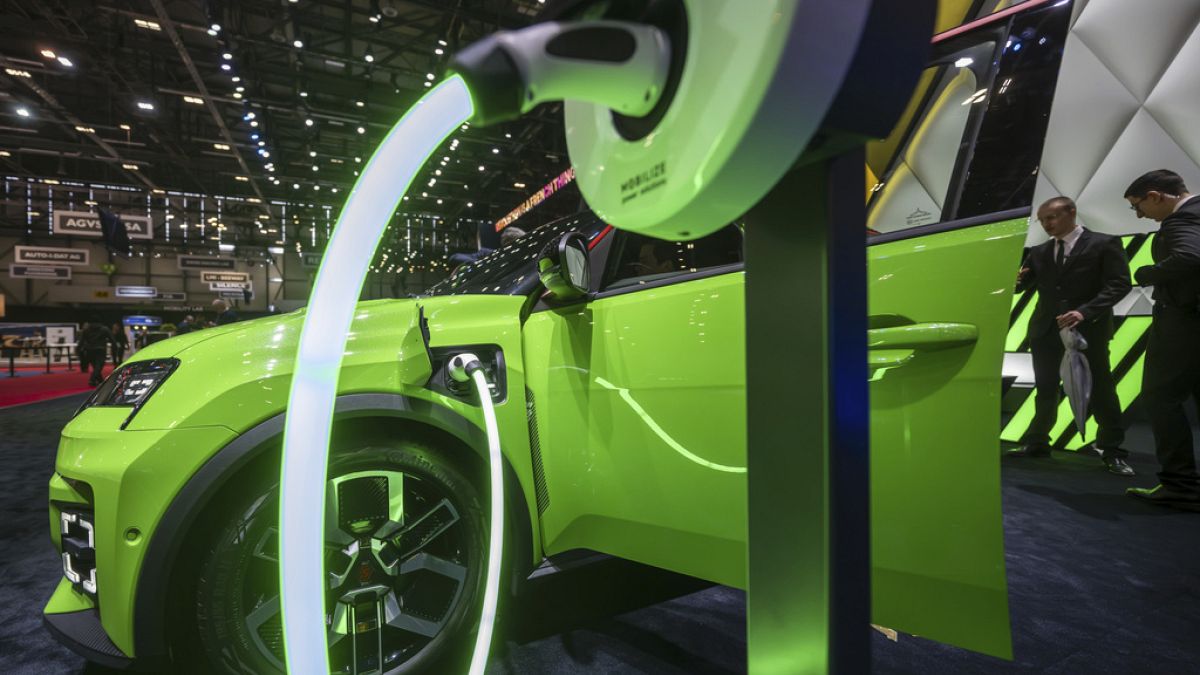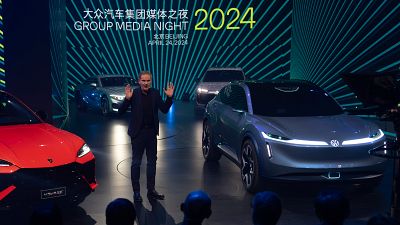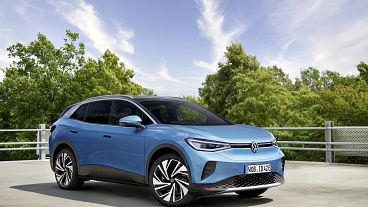In March, car sales in the EU registered a decline with consumer behaviour trends shifting.
Not only have electric cars been affected, but car sales in the EU witnessed a 5.2% drop compared to last year in March, marking the largest decline since July 2022 and the first for this year, as reported by the European Automobile Manufacturers’ Association (ACEA).
The decline involved key markets, including Germany (-6.2%), Spain (-4.7%), Italy (-3.7%), and France (-1.5%). The fall has been attributed to a downturn in the market and the timing of the Easter holidays which had a negative impact on sales.
In March, within the car industry, which generates €392.2 billion in tax revenue for European governments, there was also a shift in car type preferences. The share of battery-electric cars decreased to 13% from last year's 13.9%, while hybrid-electric cars surged to 29% from 24.4%. The combined market share of petrol and diesel fell to 47.8% from 51.8%.
The first quarter of 2024 ended with a total of 332,999 new battery-electric cars registered, indicating a slight 3.8% increase from the same quarter in the previous year.
The challenges associated with electric vehicles include high costs and inadequate charging infrastructure.
According to studies by Jato Dynamics, the average selling price of an electric car in Europe is approximately €65,000, which is roughly double the price of more traditional models.
While in February the EU voted to approve a new law banning the sale of petrol and diesel cars by 2035, subsidies were reduced in certain regions, with the European market increasingly having to rely on favourable company car taxation schemes, as reported by Bloomberg.
"Despite the noticeable shift towards EVs, many European consumers are not ready to turn away from ICE cars. While we’re seeing a clear decline in demand for diesel models, drivers are opting for gasoline alternatives, rather than switching to electric," Global Analyst at JATO Dynamics, Felipe Munoz said.



